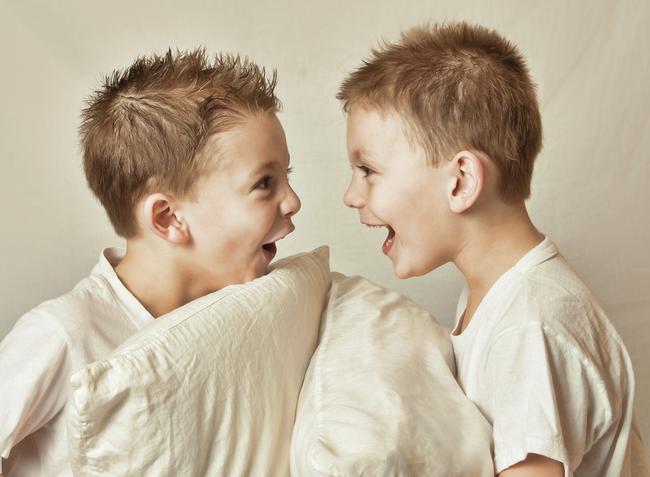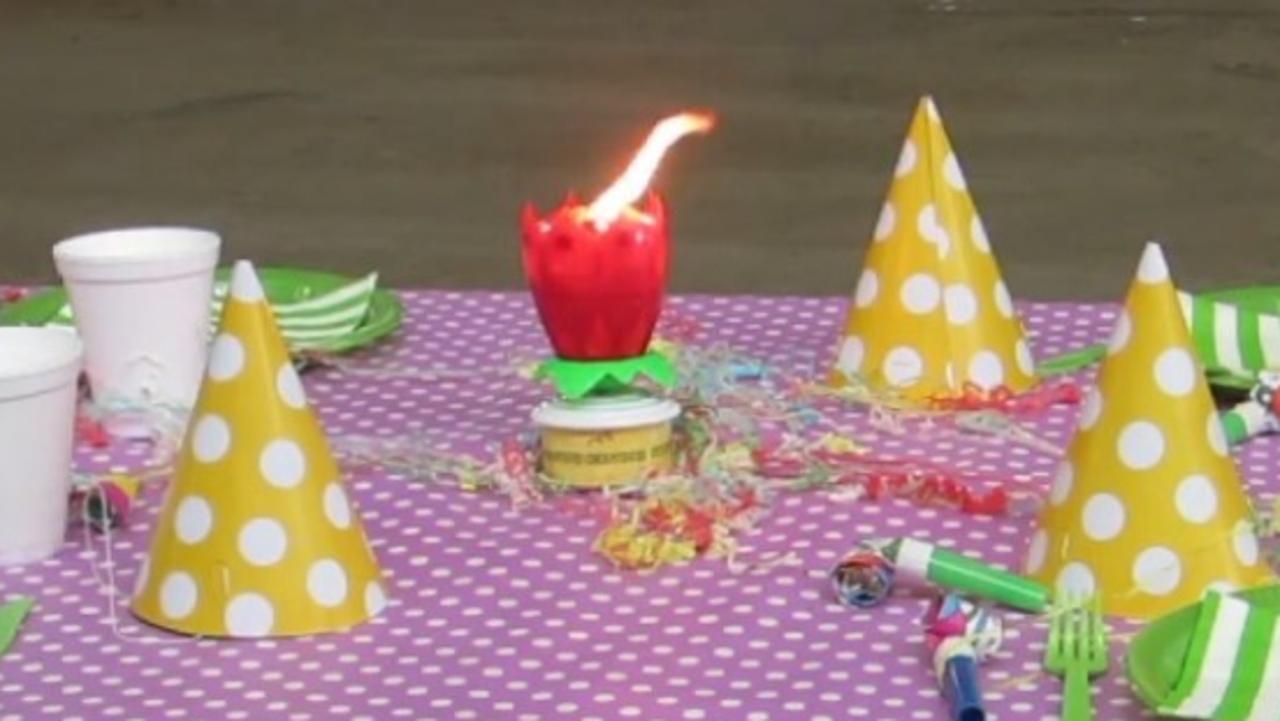Childhood aggression: Genetic study reveals you’re in for a rough ride — but stick with it
IF your kid is distressingly aggressive, we’ve got bad news: it’s a result of their genetic makeup. But a new study says they can be led to ‘grow out of it’.

DOES your toddler chuck tantrums? Your preschooler throw punches? Your first-grader always in fights?
Unfortunately, when it comes to such aggressive impulses, you’re going to have to wear it.
At least until they turn six.
A new Canadian study from the University of Montreal has investigated the genetic and environmental influences on childhood aggression. It’s been published in the open-source science journal PLOSone.

NUMBER OF THE BEAST
And, as is often the case with genetic research, their results are brought to us thanks to twins.
The behaviour of some 555 sets of twins was tracked for two different types of aggression.
Proactive aggression — where the child uses aggression to achieve a goal.
Reactive aggression — where the child responds to a perceived threat in an inappropriate way.
About half the twins were monozygotic twins (with identical gene codes), and the other half fraternal twins (where two separate eggs are fertilised at the same time, resulting in differing genetic mixes). Each set of twins shared the same environmental influences.
The study found that, by age six, children displaying both kinds of aggressive behaviour had largely the same set of genetic markers.
This adds weight to other studies suggesting children have pre-programmed aggression levels.
But this study also revealed the behaviour tended to diminish as they got older.

TAMING MONSTERS
“Too often we forget that aggression is a fundamental part of a young child’s social development,” said researcher Stéphane Paquin.
“Human beings show the highest levels of aggressive behaviour towards their peers between the ages of two and four. As children grow, they learn how to manage their emotions, communicate with others and deal with conflict. They are able to channel their aggressive impulses, whether proactive or reactive.”
As a result, between ages six and 12, any increase or decrease in the levels of aggression displayed by children appears to be influenced by environmental factors. And while this includes external influences such as parenting and friends, it may also be a result of maturation process — where mental functions such as decision-making, concentration and self-control strengthen.
The researchers now plan to design a new study intended to measure the specific social influences which may be used to temper natural childhood aggression.
“Our results have revealed the importance of developing different prevention methods for reactive and proactive aggression, specifically by offering support to families and providing interventions in schools,” Paquin says.
“Programs designed to prevent reactive aggression should focus on reducing experiences of victimisation, whereas those meant to counter proactive aggression should be based on the development of prosocial values.”




